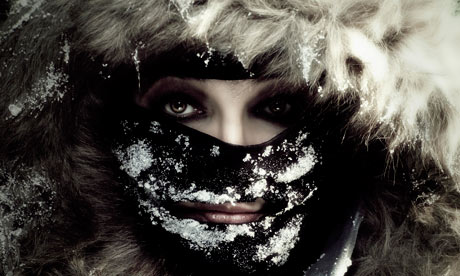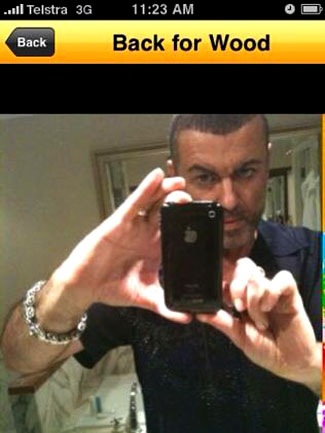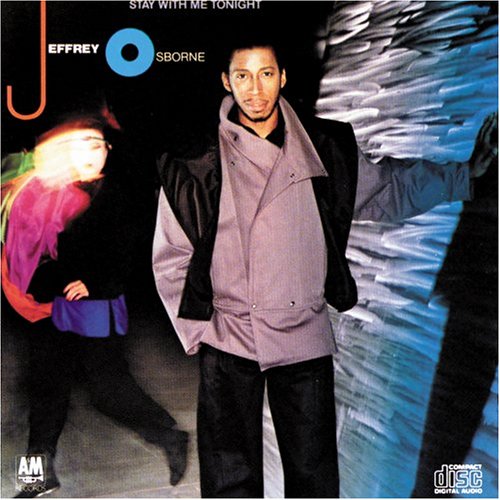A certain swagger? Or stiff, stilted repression?
Expression vs. repression.
Albert Nobbs, the upcoming film (December 21) in which Glenn Close stars as a woman posing as a man in 19th-century Dublin in order to thrive in the work force, presents both sides. Close -- all fear and self-loathing, clenched jaw and contained emotion -- represents stiff, stilted repression as the title character, a hotel butler at Morrison Hotel. Though it's as impressive a portrait of male repression as Anthony Hopkins' in The Remains of the Day, if the Oscar-less actress finally earns an Academy Award for her work in Albert Nobbs (and I'm praying to God, or Goddess dressed as God, or whomever, that she does), it will be as much for lifetime achievement as for this isolated performance
Janet McTeer, whom I loved in Tumbleweeds so many years ago and haven't seen nearly frequently enough since, is the flip side as Mr. Page, also a woman posing as a man. She's all macho swagger with gigantic strapped-down boobs.
There's a nice lesson here about the emotional and mental peril of living in closets of one's own creation (to thine own self be true), if you can get past the fact that neither actress makes a particularly convincing man in the physical sense, though Mr. Page, who unlike Nobbs, actually seems to identify with maleness, at least allows herself to emote and speak above a whisper. Close, looking like Close wearing short hair and men's suits, nails repression, but it's an asexual sort. McTeer, thanks to her towering size, cuts a slightly more mannish figure, but her mannerisms sometimes venture dangerously close into stereotypical lesbian territory.
Though McTeer's Mr. Page isn't being true to her biological gender, she's open and vibrant, and she's rewarded, for a time, with a loving wife and a stable home life. (She'll likely also be rewarded come Oscar time with a Best Supporting Actress nomination.) Meanwhile, Close, all sharp angles and controlled movements, lives alone and mostly in silence.
Even when she falls for Helen, a maid played by Mia Wasikowska who might actually love her back, her inability to fully express herself physically and to a lesser degree verbally, prevents her from reaping the rewards of love. I wish more attention had been given to this relationship, which is too skimpily drawn. Perhaps that's why Albert makes marriage sound more like a business transaction -- which in so many ways it is -- than a union of passionate souls. But that's no way to win over a young romantic like Helen.
And isn't that just like a man?
Although Close's character doesn't quite look like a man, she covers every inch of the emotional terrain of being one in denial of his beating heart. I'm looking forward to seeing the clip on Oscar night of the scene in which Albert recounts the life-changing experience that led to her becoming a he. Interestingly, the only scene in which she seems truly happy is the one in which she's running down the beach dressed as a woman. McTeer, though also limited by her natural womanliness, is like a force of nature. When she's onscreen, it's difficult to take your eyes off of her. She's too generous an actress to steal scenes and too skilled to chew scenery, but the film is most interesting when she's in it.
I was thrilled to see a supporting cast rounded out by underused previous Oscar nominees and winners Pauline Collins (Shirley Valentine), Brenda Fricker (My Left Foot) and McTeer, rising stars Mia Wasikowska and Aaron Johnson (reinforcing both the idea that girls love bad boys and good guys finish last, but I find the alpha male as tiresome onscreen as he is off), and vets Brendan Gleeson and Jonathan Rhys Meyers, who both must surely have bigger offers than the small roles they play here. Their involvement says a lot about their belief in the material.
While watching, I kept wondering why it's so much easier for guys to impersonate women than the other way around. I think it's because being a woman is viewed as being more open with your emotions and movements. Masculinity, to such a large degree, is about holding back, what you don't do, so it's harder to negotiate physically. Curvy bodies only make matters worse.
But moving past the nitpicking about whether the dudes look too much like ladies, there's a valuable message here. In one scene, Mr. Page advises Nobbs to be who she wants to be. "You don't have to be anyone but who you are," she says. Go forth and find love. But first, breathe -- and live. In other words, let go of all of this repression.
She's the Lady Gaga, or Madonna, of 19th-century Ireland. "Express yourself, don't repress yourself," Madonna sang on "Human Nature" in 1994. Those were words to live by in the 1800s and the mid '90s, and they still are in 2011. Repression might be one of the key ingredients of being a man, but it can also be the one that's most hazardous to one's mental health.





















